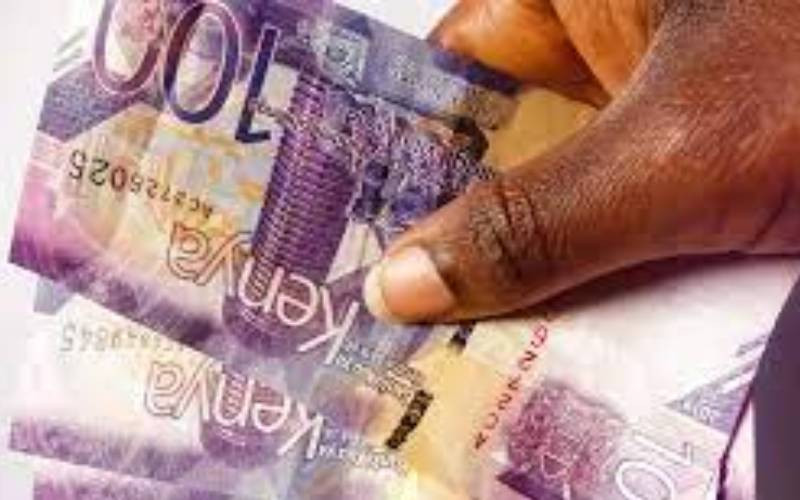×
The Standard e-Paper
Stay Informed, Even Offline

The shilling hit an all-time low against the dollar on Wednesday, March 8, signalling inflation and higher cost of imported goods.
The weakening of the local currency also sets up the country for a higher cost of electricity and debt servicing distress.